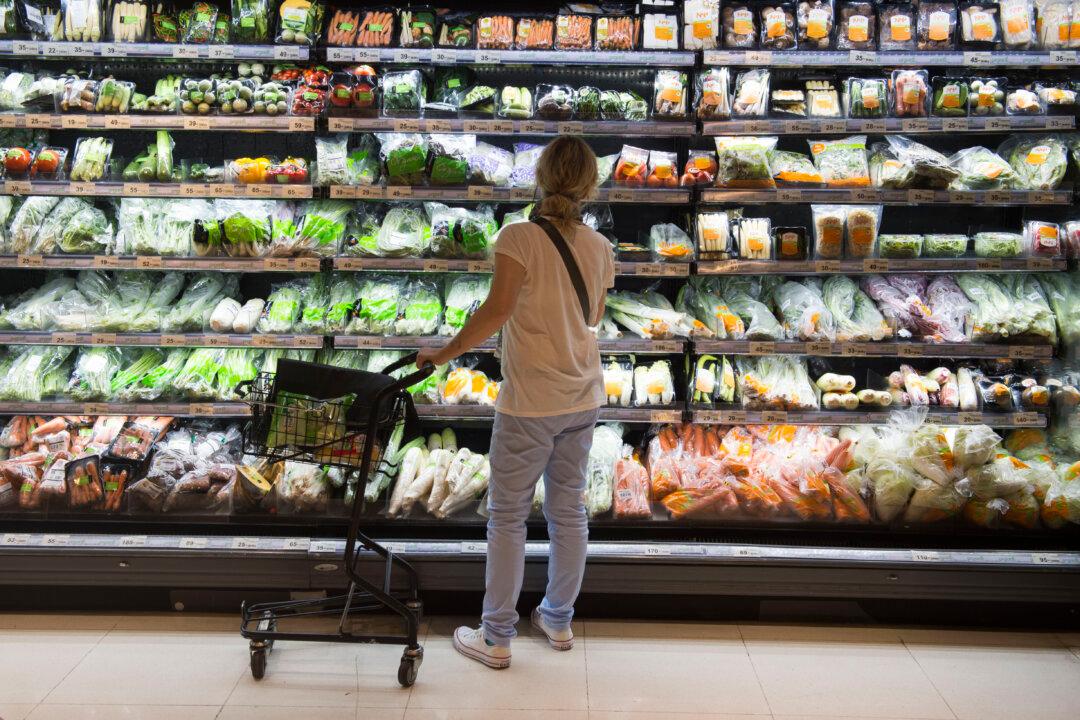News Analysis
Some say the current spat between the Liberals and Conservatives about the updated Canada Food Guide is distracting from the real issues ahead of the election, while others note that the guide—the second-most downloaded government document after tax forms—is crucial in directing healthy eating for Canadians.





